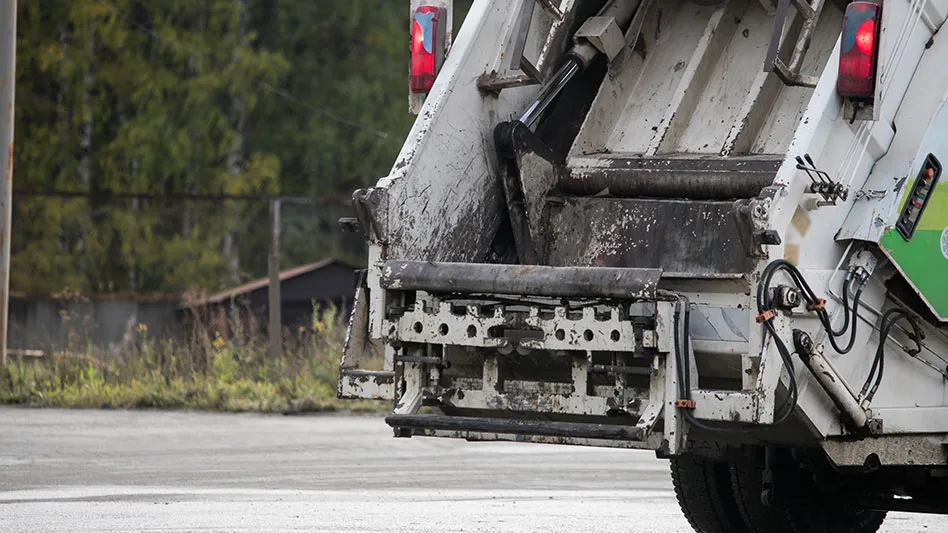
Семен Саливанчук | stock.adobe.com
A new bill proposed in New York City would require the city’s Department of Sanitation (DSNY) to accept commercial solid waste at city-owned or operated marine transfer stations and city-owned or operated rail transfer stations.
Into No. 55, which was submitted to the Committee on Sanitation and Solid Waste Management, is sponsored by councilmembers Sandry Nurse, Alexa Avilés Althea V. Stephens, James F. Gennaro, Shaun Abreu, Jennifer Gutiérrez, Chi A. Ossé, Crystal Hudson and Kevin C. Riley (by request of the Brooklyn Borough president).
The bill would also require DSNY to publicly report the amount and type of waste received at such facilities annually.
The Transform Don’t Trash NYC Coalition, a group dedicated to improving New York City’s commercial trash industry, has expressed support for the bill, stating it would enact a “long-delayed environmental justice priority by reducing the number of trucks traveling in and out of communities overburdened by private, truck-based transfer stations.”
According to the group, private sanitation trucks must travel unnecessary miles across boroughs and communities to reach private transfer stations, where waste is exported via truck.
The city’s 2006 Solid Waste Management Plan (SWMP), which expires in 2025, directed DSNY to report on efforts to process commercial waste at marine transfer stations, as well as to issue a request for proposals to process commercial waste and at least one Manhattan facility, but the Don’t Trash NYC Coalition says no further action has been taken.
“The mandate of Intro 55 would precede the new 20-year SWMP due in 2026 and would coincide with the expected citywide implementation of the new Commercial Waste Zones system required by Local Law 199 of 2019,” the group says in a statement released Feb. 26. “Zones will sharply reduce commercial waste truck mileage citywide and incentivize the use of waste and recycling facilities with high safety and environmental standards, including publicly-owned marine and rail-based transfer stations.”
Latest from Waste Today
- US Composting Council grant will fund data collection
- Enviri releases annual ESG report
- Waste Connections enjoys income, revenue boosts
- Machinex recognized as Recycling Equipment Innovator of the year
- WM announces solid Q2 growth
- Reworld partners with Genpact
- Waste Pro earns favorable financing rating
- Amberjack announces exit from investment in Best Trash





